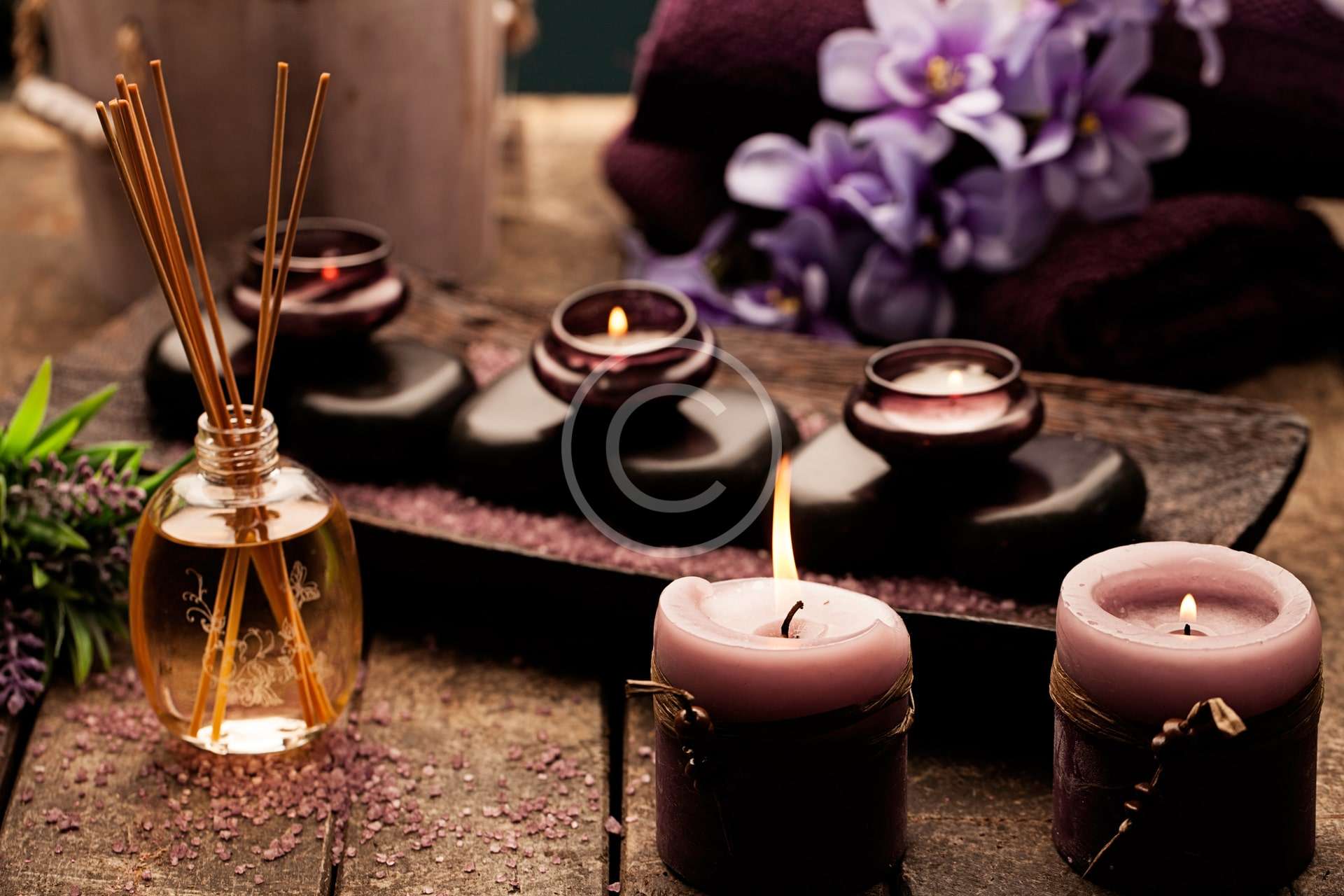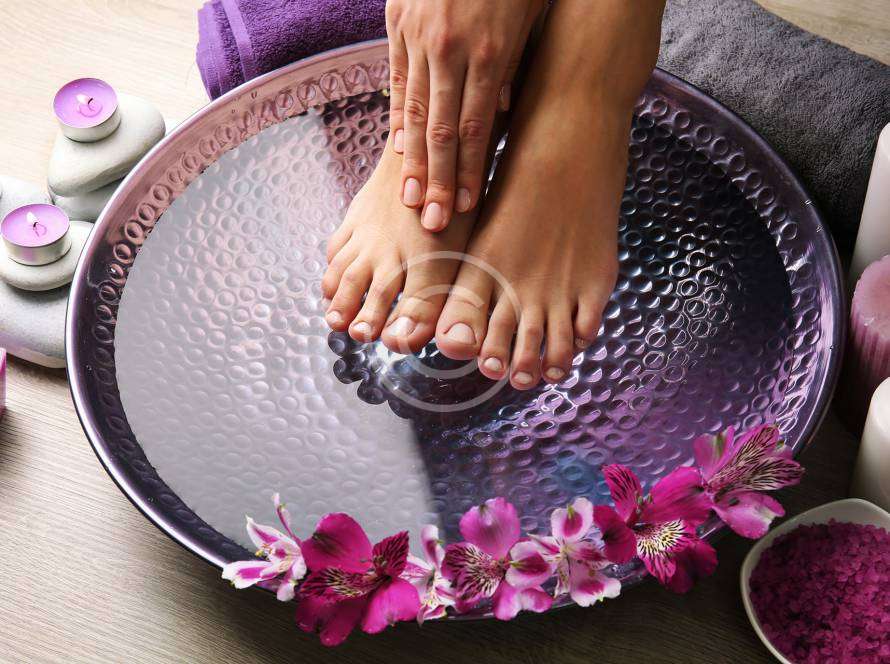Aromatherapy, the practice of using essential oils derived from plants for therapeutic purposes, has been revered for centuries across various cultures for its myriad benefits. In Kenya, a country known for its rich biodiversity and diverse flora, the adoption of aromatherapy has seen a significant rise. This detailed blog post explores why aromatherapy is so important, delving into its historical significance, therapeutic benefits, and practical applications in the Kenyan context.
Understanding Aromatherapy
Aromatherapy involves the use of essential oils extracted from flowers, leaves, bark, stems, roots, and other parts of plants. These oils are highly concentrated, containing the essence of the plant’s fragrance and therapeutic properties. The practice can be traced back to ancient civilizations, including the Egyptians, Greeks, and Romans, who utilized essential oils for medicinal and cosmetic purposes.
The Science Behind Aromatherapy
The therapeutic effects of aromatherapy are attributed to the chemical compounds present in essential oils. When inhaled or applied to the skin, these compounds interact with the body’s olfactory system and limbic system, which are responsible for regulating emotions, memories, and hormonal activity. This interaction can lead to various physiological and psychological benefits, such as stress relief, improved mood, and enhanced cognitive function.
Historical Significance
Ancient Egypt
In ancient Egypt, essential oils were used in religious rituals, embalming processes, and as natural remedies for ailments. Oils like frankincense, myrrh, and cedarwood played a vital role in their spiritual and healing practices.
Greece and Rome
The Greeks and Romans further refined the use of essential oils, employing them in baths, massages, and medicinal treatments. Hippocrates, the father of medicine, documented the therapeutic properties of over 300 plants, many of which are still used in aromatherapy today.
Traditional African Medicine
In Africa, including Kenya, traditional healers have long used plants and their extracts to treat various ailments. The integration of essential oils into these practices represents a continuation of this ancient wisdom, adapted to modern wellness needs.
Therapeutic Benefits of Aromatherapy
Aromatherapy offers a wide range of benefits, addressing physical, emotional, and psychological well-being. Here are some key therapeutic advantages:
1. Stress Relief and Relaxation
One of the most well-known benefits of aromatherapy is its ability to reduce stress and promote relaxation. Essential oils like lavender, chamomile, and bergamot are particularly effective in calming the mind and body. In Kenya, where urban life can be hectic, and rural areas might present their own set of stressors, incorporating aromatherapy into daily routines can be immensely beneficial.
2. Enhanced Mood and Emotional Balance
Aromatherapy can positively influence mood and emotional well-being. Oils such as rose, ylang-ylang, and clary sage have mood-enhancing properties that can help alleviate symptoms of depression and anxiety. For many Kenyans, who may face challenges related to work, health, or family, aromatherapy offers a natural way to maintain emotional balance.
3. Improved Sleep Quality
Poor sleep is a common issue that affects overall health and productivity. Essential oils like lavender, valerian, and sandalwood can promote restful sleep by calming the nervous system. Creating a bedtime ritual with these oils can help Kenyans achieve better sleep quality, which is crucial for overall well-being.
4. Pain Management
Aromatherapy can be effective in managing pain, including headaches, muscle aches, and joint pain. Peppermint, eucalyptus, and ginger oils are known for their analgesic and anti-inflammatory properties. This can be particularly beneficial in Kenya, where access to conventional pain relief methods may be limited in some areas.
5. Boosted Immune System
Certain essential oils possess antimicrobial and antiviral properties that can enhance the immune system. Oils like tea tree, eucalyptus, and thyme can help protect against infections and boost overall immunity. This is especially relevant in Kenya, where certain regions may be prone to infectious diseases.
6. Enhanced Cognitive Function
Aromatherapy can also improve cognitive functions such as memory, concentration, and clarity. Oils like rosemary, lemon, and peppermint are known to stimulate the mind and enhance mental performance. This can be particularly useful for students and professionals in Kenya looking to improve their focus and productivity.
Practical Applications of Aromatherapy in Kenya
1. Home Use
Incorporating aromatherapy into the home environment is a practical and effective way to enjoy its benefits. Essential oil diffusers, which disperse the oils into the air, can be used in living rooms, bedrooms, and even offices to create a calming and pleasant atmosphere. Simple practices like adding a few drops of lavender oil to a pillow can significantly improve sleep quality.
2. Spa and Wellness Centers
The spa and wellness industry in Kenya is rapidly growing, with many establishments offering aromatherapy treatments. These treatments often include massages, facials, and baths infused with essential oils. Spas can use locally sourced oils, such as African blue basil and tea tree, to provide unique and culturally relevant experiences.
3. Traditional Healing Practices
Integrating aromatherapy into traditional healing practices can enhance the efficacy of these treatments. Traditional healers in Kenya can use essential oils to complement herbal remedies, providing a holistic approach to health and wellness.
4. Personal Care Products
Aromatherapy can be incorporated into personal care products such as lotions, shampoos, and soaps. Many local Kenyan brands are already embracing this trend, creating products that not only nourish the skin and hair but also provide therapeutic benefits.
5. Workplace Wellness
Workplace wellness programs can benefit from the inclusion of aromatherapy. Providing essential oil diffusers or aromatherapy sprays in offices can help reduce stress and improve productivity among employees. This can be particularly valuable in high-stress industries such as finance, healthcare, and education.
6. Community Programs
Community health programs in Kenya can incorporate aromatherapy to address various health issues. Educational workshops on the benefits and uses of essential oils can empower individuals to take charge of their health and well-being. Additionally, providing essential oils to communities in need can offer a natural and cost-effective alternative to conventional medicine.
Choosing and Using Essential Oils
When choosing essential oils, it is important to consider their quality and purity. Here are some tips to ensure you are using the best oils for aromatherapy:
1. Source from Reputable Suppliers
Purchase essential oils from reputable suppliers who provide information about the source and extraction methods. In Kenya, there are several local producers of high-quality essential oils, such as Earthoil Kenya, which specializes in organic oils.
2. Check for Purity
Ensure that the essential oils are 100% pure and free from additives or synthetic fragrances. Pure oils provide the best therapeutic benefits and are safer for use.
3. Understand Dilution Ratios
Essential oils are highly concentrated and should be diluted before use, especially when applied to the skin. Carrier oils like coconut, jojoba, or sweet almond oil are commonly used for dilution. A typical dilution ratio is 1-2% for adults, which equates to about 6-12 drops of essential oil per ounce of carrier oil.
4. Perform a Patch Test
Before using a new essential oil, perform a patch test to check for any allergic reactions. Apply a small diluted amount to the inside of your elbow and wait 24 hours to see if there is any irritation.
5. Use Appropriate Application Methods
Aromatherapy can be administered through various methods, including inhalation, topical application, and baths. Choose the method that best suits your needs and preferences. For instance, inhalation through a diffuser is ideal for mood enhancement, while topical application is effective for localized pain relief.
The Future of Aromatherapy in Kenya
As the wellness industry continues to grow in Kenya, the importance of aromatherapy is becoming increasingly recognized. With its rich biodiversity, Kenya has the potential to become a leading producer of essential oils, contributing to both local and global markets. The integration of aromatherapy into mainstream healthcare and wellness practices can offer numerous benefits to the Kenyan population.
Promoting Sustainability
Sustainable harvesting and production practices are crucial to ensuring the long-term availability of essential oils. Supporting local farmers and producers who engage in ethical and sustainable practices can help preserve Kenya’s natural resources.
Expanding Education and Awareness
Raising awareness about the benefits of aromatherapy through educational programs and workshops can empower individuals to incorporate these practices into their daily lives. Schools, community centers, and healthcare facilities can play a vital role in spreading knowledge about the safe and effective use of essential oils.
Enhancing Research and Development
Investing in research and development can further validate the therapeutic benefits of essential oils and uncover new applications. Collaboration between local universities, research institutions, and the wellness industry can drive innovation and improve the quality of aromatherapy products available in Kenya.
Conclusion
Aromatherapy holds significant importance in promoting physical, emotional, and psychological well-being. In Kenya, a country with a rich tradition of using natural remedies, the integration of essential oils into modern wellness practices offers a unique and effective approach to health. By understanding the therapeutic benefits, practical applications, and sustainable practices associated with aromatherapy, individuals and communities in Kenya can harness the power of nature to enhance their quality of life.






